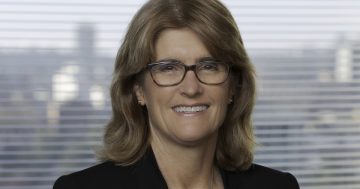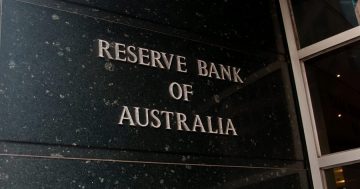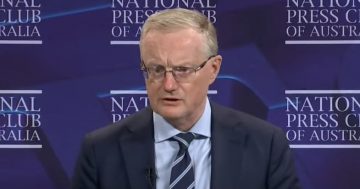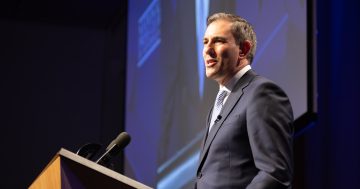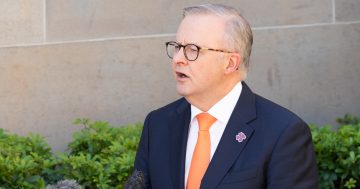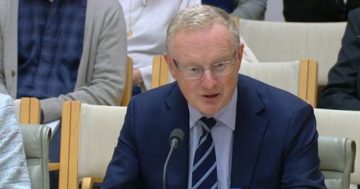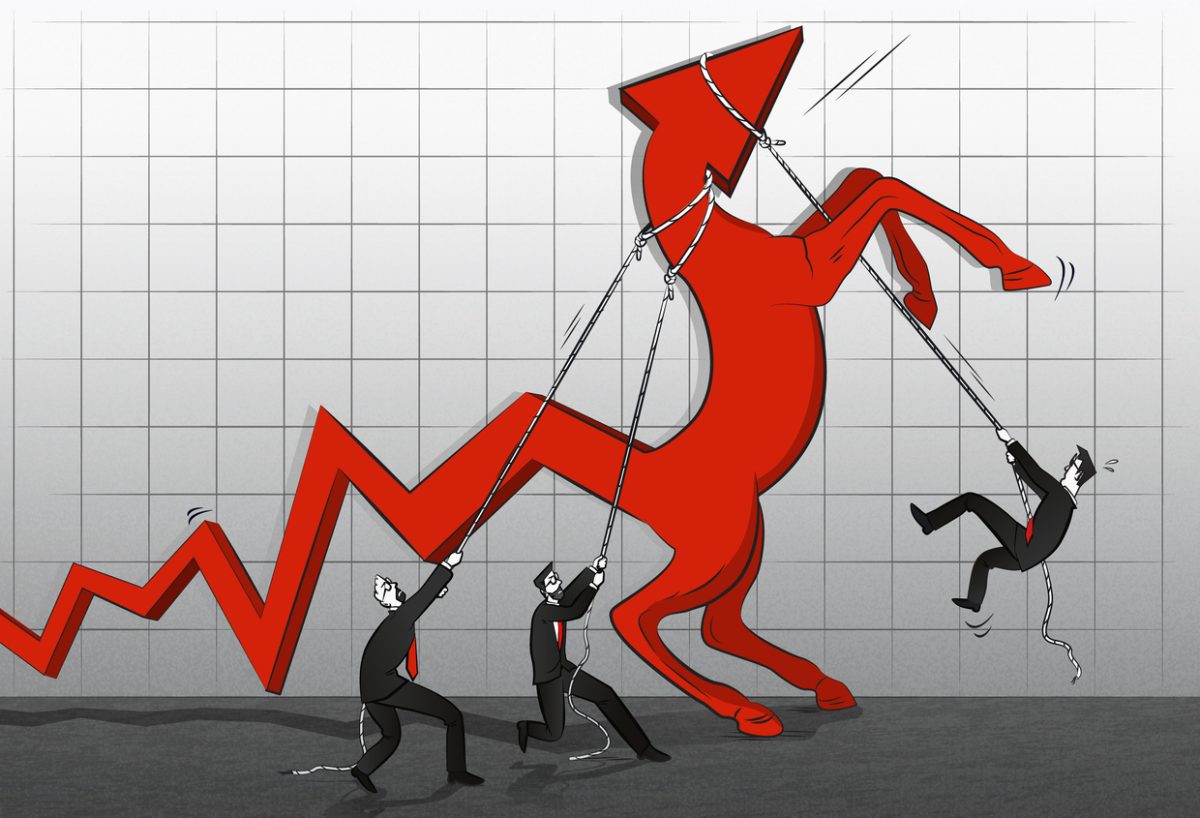
Inflation’s easier to control when the monetary and the fiscal are working together. One day, it might happen. Image: Cemile Bingol.
You must have a heart of stone – or a mortgage – not to be enjoying the stoush between the Treasurer and the Governor of the Reserve Bank, Michelle Bullock.
You might remember that Ms Bullock replaced Philip Lowe in September 2023 after a series of regrettable boo-boos.
Dr Lowe had to apologise for apologising in November 2022 after “people listened to what we’ve said and acted on that”. That would be about his statement that interest rates wouldn’t rise. And those people would be the ones who didn’t lock in low interest rates.
Rates did rise. A lot.
Then, in June 2023, he said people should reduce spending and find additional work to maintain the cost of living. (Empathy training’s not compulsory at the RBA.)
Them’s particularly rich words when you’re trousering over a million a year from taxpayers and you paid for your house with a cut-price home loan because you worked at the RBA (yes, that used to be a thing).
So when a new broom swept through the RBA … actually, hold that thought because the new broom’s not much different from the old broom.
Dr Lowe started working at the RBA at 18 and stayed there until he left at age 61.
Bullock, according to Wikipedia (the font of all knowledge, whether it’s true or not), “completed an internship at the RBA, following which she began employment at the bank. Since then, she has been continuously employed by the RBA, holding various roles”. Can you see a problem in their hiring processes and diversity of thought?
Not Treasurer Jim Chalmers, who made the call to give the reins to Bullock.
He must have thought after his treatment of Dr Lowe that he would have Bullock yoked and she would be more willing to play ball with the government. That is, lower interest rates closer to the pointy end of the electoral cycle.
That’s not happening. Why? Because when it comes to inflation, the RBA has one job: to keep inflation between 2 and 3 per cent. And they have one tool: interest rates.
As the saying goes, when you only have a hammer, everything looks like a nail.
There’s a good chance you know all this, but you know who doesn’t seem to know it? Or remember it? Or want to acknowledge it?
The Treasurer.
Because you didn’t need a PhD in economics to see that the last Federal Budget would add to inflation and therefore put upward pressure on interest rates – whether that means they rise again or stay where they are longer.
In fact, even a dopey podcaster could see that what Dr Chalmers was proposing would make the RBA’s job harder, so it couldn’t be that hard to figure out.
(For the record, Dr Chalmer’s PhD isn’t in economics. He wrote his thesis on Paul Keating, titling it ‘Brawler Statesman: Paul Keating and prime ministerial leadership in Australia’, which may explain why he thinks bullying is going to work – also, are you old enough to remember when monstering the ‘independent’ RBA was a bad thing? Ah, the good ol’ days.)
Digress aside … and again, this is for the Treasurer: inflation, at its simplest level, is too much money chasing not enough stuff, so the pea-and-thimble trick the government pulled in the Budget to make electricity ‘cheaper’ and reduce ‘energy inflation’ was never going to get past Reserve Bank governor Michelle Bullock because she’s not an idiot.
If you remember, the too-clever-by-half plan was for the government to chuck $300 at energy companies ($75 in four quarters) to reduce the power bill that landed in your inbox. Ta da! Energy inflation falls, right?
Kinda. But no cigar, because it still meant consumers had an extra $75 to spend each quarter, so more money was still chasing the same amount of goods. It was never going to ‘cut’ inflation, just fudge the numbers, or make it worse.
That little gimmick cost the budget – cost you – $3.5 billion. Remember that the next time they say they’re running a tight budget or can’t find money for this or that. There’s always money, it just comes down to priorities (theirs, of course, not yours). The fact that many experienced economics writers in the mainstream press threw hosannas at Dr Chalmers for the power bill charade says as much about their political fealty as their intellectual courage.
It was just as obvious that changing the Stage 3 tax cuts was going to be inflationary.
The money was going to lower-income Australia. In other words, the Australians who would spend the money because they were doing it tough.
Ordinarily, a tax cut would be a good thing; certainly good when bracket creep is doing its dirty work on millions of taxpayers each year, and being the reason Dr Chalmers was celebrating another surplus last budget despite not making any tough decisions on the spending side.
The problem is that the tax cuts are working directly against the interest rate rises. It means rates will stay higher for longer because the monetary and the fiscal are working against each other. If Dr Chalmers really wanted to reduce interest rates, he would cut spending. But then how could he declare he’s a hero providing “cost of living relief”?
The RBA said as much in its August statement on monetary policy. In fact, the closer you read it, the more damning it is of the government – and a tip for young players, if you do read it, make sure you have a soft place to rest your head afterwards – Harry Potter it ain’t.
The crux of this story? Don’t blame the RBA for interest rates. They’re doing their job. So why is Labor’s leadership so concerned? Because they face an election by May 2025, and Michelle Bullock’s term doesn’t end until 2028.












